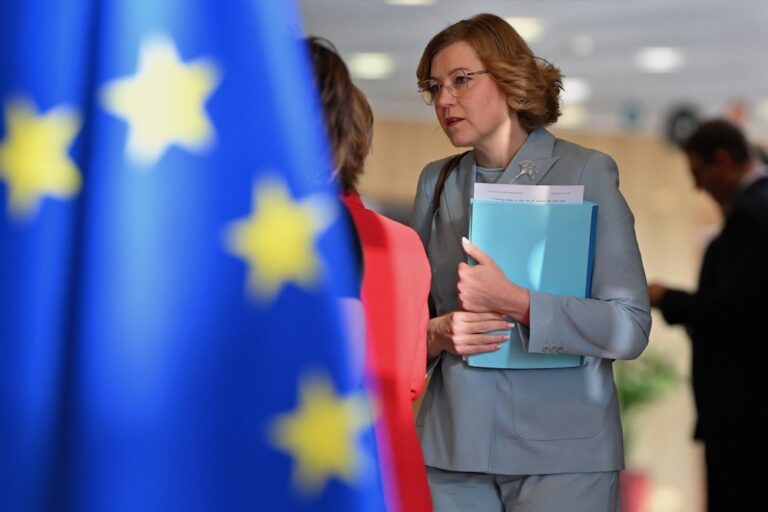FOIs, a process by which journalists can submit an official request to a state body or organisation for publicly held information or records, are a vital tool for media to gather data and are a central element of government transparency.
This statement was originally published on ipi.media on 2 June 2020.
As lockdowns lift and Europe emerges from the immediate Covid-19 health crisis in the coming months, all extensions or suspensions of deadlines for freedom of information (FOI) requests must be reversed, the International Press Institute (IPI) said today.
FOIs, a process by which journalists can submit an official request to a state body or organization for publicly held information or records, are a vital tool for media to gather data and are a central element of government transparency.
As countries across Europe passed state of emergency decrees to tackle the pandemic, several governments took unprecedented steps to amend administrative deadline rules, including the amount of time ministries and public bodies had to respond to FOI requests.
“We are concerned that in some cases, the suspension or delay of FOI deadlines is being used to hinder media access to information and thereby shield the government from domestic scrutiny or criticism over its handling of the outbreak,” warned IPI Deputy Director Scott Griffen.
In states such as Serbia, Bulgaria and Romania, governments doubled the amount of time public bodies have to respond to requests. Since then, media have reported that institutions have cited the new rules in refusing to provide information.
The Hungarian government trebled the maximum response time from 30 to 90 days during the state of indefinite emergency, meaning journalists had to wait up to three months for answers. Numerous journalists have complained that requests for information from public institutions from critical and independent media are being ignored.
A similar extension was implemented in Moldova, where one of the first decrees of the government’s special Covid-19 task force in early April was to treble deadlines from 15 days to 45 days. Requests in Russia often go unanswered and in Poland legal changes mean that requests depend on the willingness of the authorities to provide information.
Journalists and media professionals in several other European countries said that while their governments had not made specific changes to deadlines, authorities were either unofficially extending or ignoring requests.
Other states such as Spain and Slovenia took restrictions one step further and suspended FOI deadlines altogether, leading to criticism from journalists’ associations and civil society groups. In Italy the government suspended all “non-urgent” requests for more than two months as part of its package of laws to tackle the pandemic.
Restrictions must end
Griffen said all limitations on access to information must be reversed as soon as possible, warning that a prolonged extension or suspension could risk restrictions becoming normalized and undermine press freedom.
“We understand that due to exceptional circumstances, states across Europe have been under huge pressure to manage the Covid-19 health crisis,” he said. “However, governments also have an obligation to protect the fundamental right of journalists to access publicly held information. This ability of the media to receive up-to-date and reliable information has played an important role in keeping the public safe during the pandemic, as well as combatting the dissemination of incorrect or misleading news.
“Across Europe, we have seen several states either extend or fully suspend these procedures, ostensibly in the name of protecting public health. Any administrative extensions must be strictly proportionate and necessary, and states must proactively work to continue to fulfil their positive obligation to provide information.
“As states of emergency are ended, it is essential therefore that all extensions or suspensions to FOI rules are reversed. Any normalization or wider cultural shift towards blocking or restricting information would seriously undermine press freedom in Europe, which has already declined overall during the Covid-19 crisis. It is essential that states are transparent in the way they undo changes to FOI rules. Any continued extension must be justified, and any continued suspension of deadlines must be strongly challenged.”
Griffen added that in some cases, democratic checks and pressure from civil society have been successful in reversing decisions already. In Scotland, the parliament’s Covid-19 committee rejected attempts by the Scottish government to treble the current 20-day deadline following an outcry from journalists and press freedom groups.



